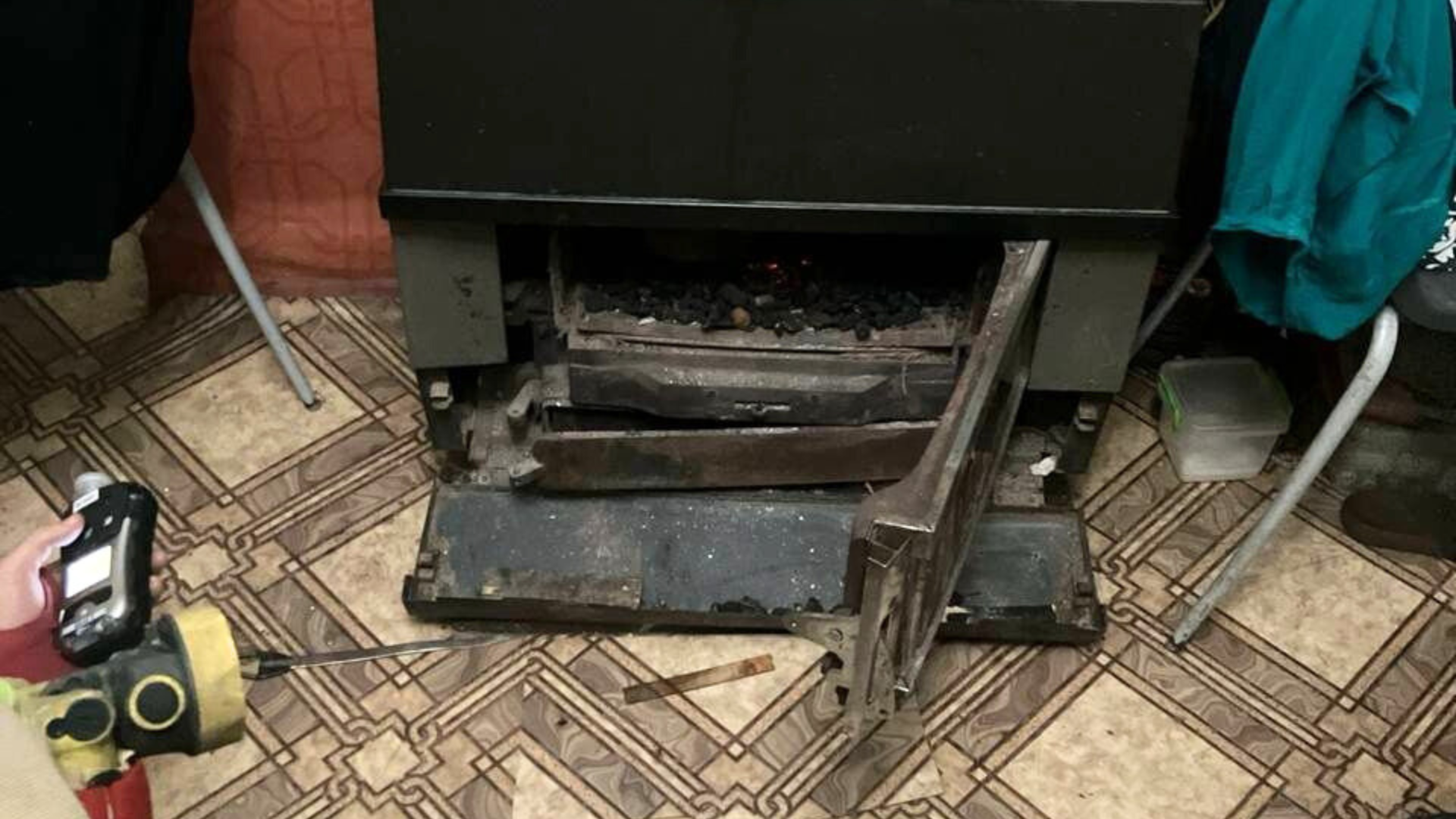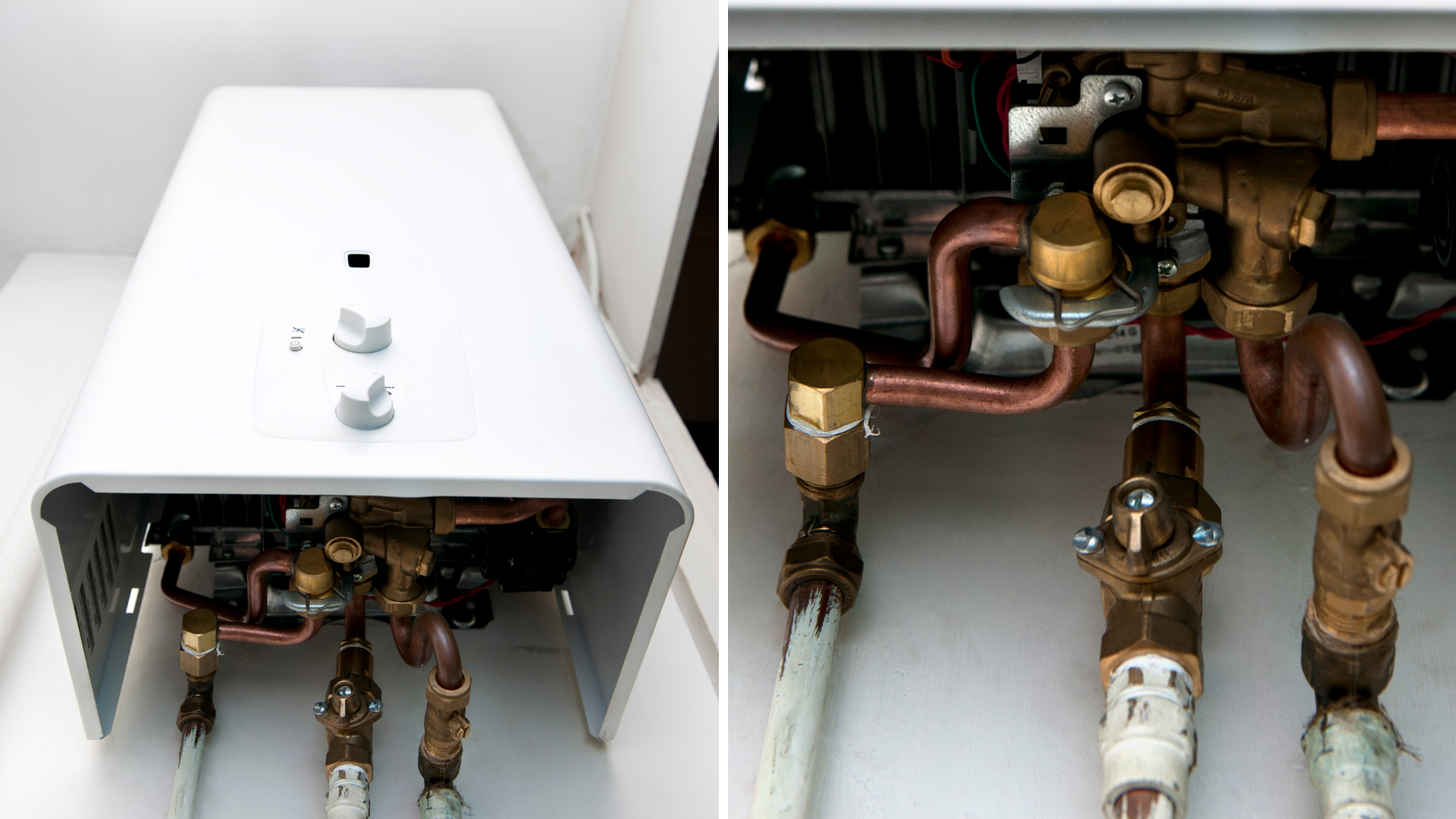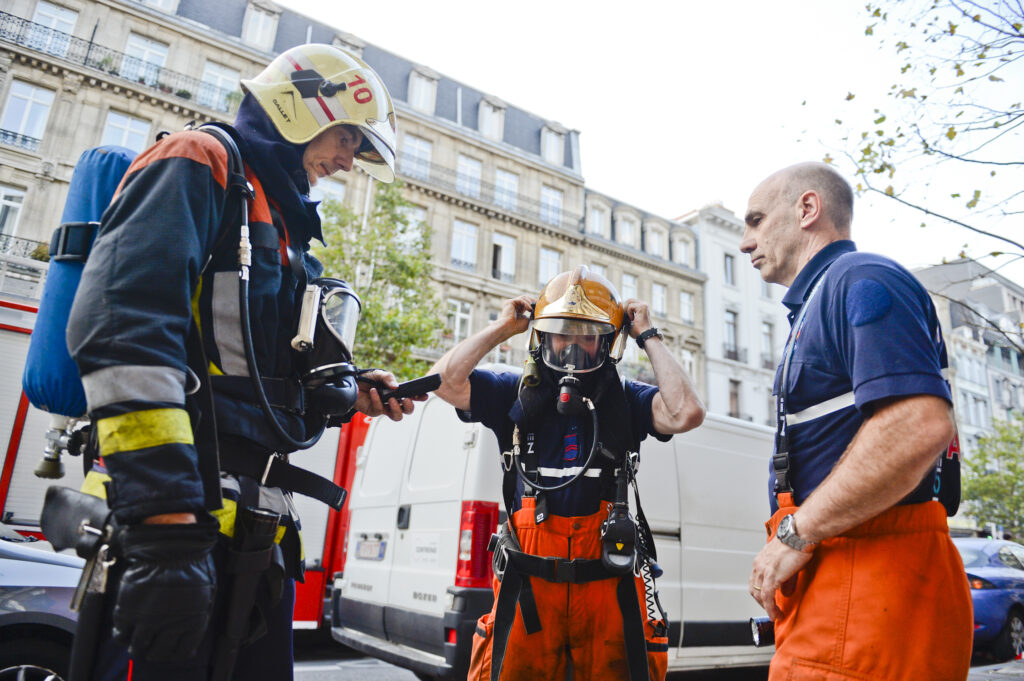Carbon monoxide (CO) poisonings have made headlines following a string of recent cases that led to hospitalisations in Brussels, with experts warning that poverty can be a barrier in preventing these incidents.
CO is an odourless poisonous gas, produced due to the poor combustion of fuels like gas, coal, petrol, oil or wood. When inhaled, it can cause headaches, nausea, and dizziness, and in severe cases, it can be deadly.
The main causes of CO intoxication are usually poorly ventilated homes, chimneys left unswept, or poorly maintained appliances, according to Belgium’s Poison Centre's communication coordinator, Patrick De Cock. Last year, 338 people were victims of CO poisoning in Belgium. For 15 of the victims, the intoxication was fatal.
While it is difficult to quantify in data who is more at risk, De Cock says that those with lower income are more vulnerable. "What we think is that people who are poor will buy appliances on the second-hand market which are not really safe. Items like a local [space] heater," he said.

A wood-burning stove with inadequate exhaust ventilation in a home of Molenbeek. Credit: Pompiers Bruxelles (SIAMU)/ Belga.
The use of appliances and (heating) systems that don’t comply with safety measures has been on the rise in recent years, according to the Fire Brigade spokesperson, Walter Derieuw.
Like De Cock, Derieuw agrees that the risk of these accidents is particularly high among those facing financial difficulties. "People have to make difficult choices to set their priorities to live or survive, and not enough attention is paid to prevention [of CO poisoning] or safety measures," Derieuw told The Brussels Times.
Lack of inspections and cost of safety
Periodic inspections of appliances running on oil or natural gas, are not only recommended for safety reasons, they are mandatory. An inspection and maintenance by certified professionals costs around €110 to €125 for gas boilers, while for oil it’s between €150 and €185.
The costs of these services are generally the responsibility of tenants, not the landlords. Although the Brussels-Capital Region does offer grants to offset (part of ) costs, Derieuw thinks expanding these supports could be key to diminishing CO cases.

Credit: Jonas Hamers/Belga.
Nonetheless, while the compulsory inspections should improve safety, De Cock says that in practice there is a lack of monitoring of whether the appropriate checks are actually carried out.
The consequences of this are usually only discussed when there is an emergency, like a fire, he adds. "Insurance can ask for the attestation and if [the appliances are] not well maintained or if the chimney is not cleaned enough, they can say: no money for you."
Carbon monoxide alarms are also recommended by the Poison Centre, in addition to maintenance and safety checks. But the solution comes with its caveats. "The problem is, you need more than one in a household and they are not as cheap as smoke detectors," De Cock said, adding that it is also crucial to ensure the alarms are installed correctly.
Lower but not zero
Recent data shows a decline in overall CO poisoning cases and victims. De Cock attributes this to increased safety standards and regulations for appliances. But he feels that there is still work to be done.
"The last years [the number of cases] is stabilising. It seems to be hard to go lower than [the number of cases] at this moment," he said.
However, both Derieuw and De Cock think awareness campaigns are key to solving the issue. "Every year we try to make a campaign to warn the people about the danger of it," De Cock said, "because [CO poisoning] is a dangerous form of intoxication. It is, in fact, the most deadly intoxication in our country," he emphasised.
As part of an ongoing CO prevention campaign, the Brussels’ Fire and Emergency Medical services (SIAMU) are offering home visits to provide safety advice and CO detectors. More information can be found by contacting sensibilisation@firebru.brussels.
The Brussels Times contacted Brussels’ environment department, Leefmilieu Brussels, and the energy company, Sibelga, for information regarding inspections in Brussels, but has yet to receive a response.
Related News
- 'Silent killer': Brussels Fire Brigade sounds alarm over CO poisonings
- Four Brussels residents hospitalised after two cases of carbon monoxide poisoning
- Six people hospitalised after carbon monoxide poisoning in Ganshoren
How to avoid CO poisoning?
Carbon monoxide is an invisible and odourless gas, sometimes called the 'silent killer'. It is produced when there is an incomplete combustion of fuels like coal, petrol, oil, or wood.
Symptoms
The initial symptoms of CO poisoning include headaches, dizziness, and nausea. In more serious cases, you'll also experience feelings of weakness, confusion, and loss of consciousness which could lead to a coma or even death.
Prevention and reaction
CO poisoning can be prevented and dealt with easily through the following steps, shared by the fire brigade spokesperson, Walter Derieuw.
- Check: Ensure regular inspections of heating systems and chimneys.
- Ventilate: Regularly ventilate your home through ventilation grilles, mechanical ventilation systems, or opening a window.
- CO Alarm: Have a CO alarm in every room with combustion appliances and/or a fireplace. Test the alarm regularly.
- React: If you think there is a risk of CO intoxication, make sure you ventilate the house, turn off the boiler or water heater, evacuate everyone outside and call the emergency services (112).

